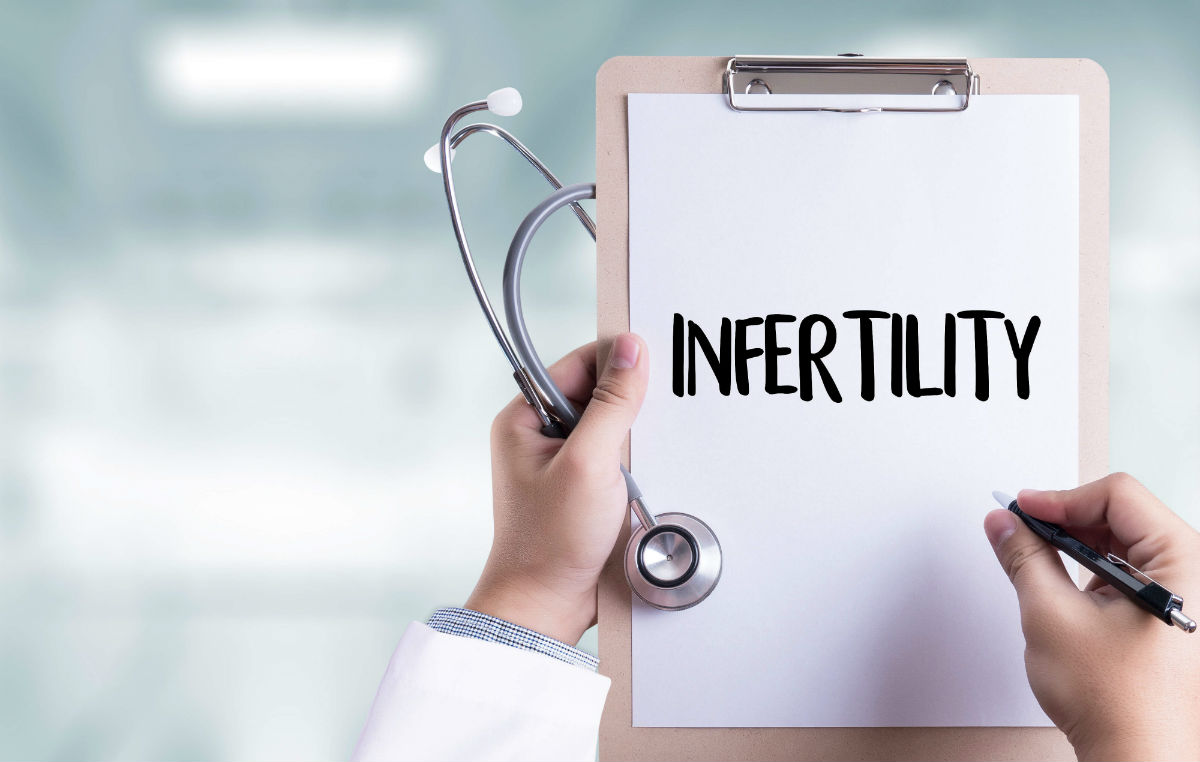
Is infertility a disease?
A condition with many causes, not all of them health-related
In a very interesting brief discussion in BioNews, Hane Maung, of Lancaster University, asks whether government funding for fertility treatment should be framed as fighting disease.
Describing infertility as a disease has some strong supporters. The World Health Organization considers infertility to be “a disease of the reproductive system defined by the failure to achieve a clinical pregnancy after 12 months or more of regular unprotected sexual intercourse”. The influential 1984 Warnock Report states that “an inability to have children is a malfunction and should be considered in exactly the same way as any other”.
However, this is overly simplistic, contends Dr Maung.
First, there are many causes of infertility. There may be anatomical or physiological anomalies; fertility declines with advancing age; some can conceive with one partner but not with another; those who are in same-sex relationships or childless by choice are socially infertile. “it is possible that some cases of infertility could be considered diseases while other causes could not,” he writes.
Second, there is the philosophical question of whether infertility is a disease or just a difference. Is a disease a mere deviation from a statistical norm? Or a harm which keeps a person from attaining his or her goals? Or both? It is difficult to say in many cases of infertility.
“It seems that we cannot reach agreement over whether infertility is a disease, even with our best theories of disease. How, then, are we to evaluate whether infertility warrants state-funded treatment?” he asks.
Rather than trying to shoehorn infertility into the disease framework, it would be better to focus on other reasons for justifying government funding, Maung argues.
we should keep the debate centred on the key ethical issues. We need to focus on the distress associated with childlessness, the right to reproductive liberty, the perceived significance of genetic relatedness, the influence of pronatalism, and the structural inequalities that make it difficult for people from certain groups to form their desired families. These are the considerations that we should examine when debating whether fertility treatments should receive state funding.
Creative commons
https://www.bioedge.org/images/2008images/FB_infertility.jpg
infertility
- How long can you put off seeing the doctor because of lockdowns? - December 3, 2021
- House of Lords debates assisted suicide—again - October 28, 2021
- Spanish government tries to restrict conscientious objection - October 28, 2021
